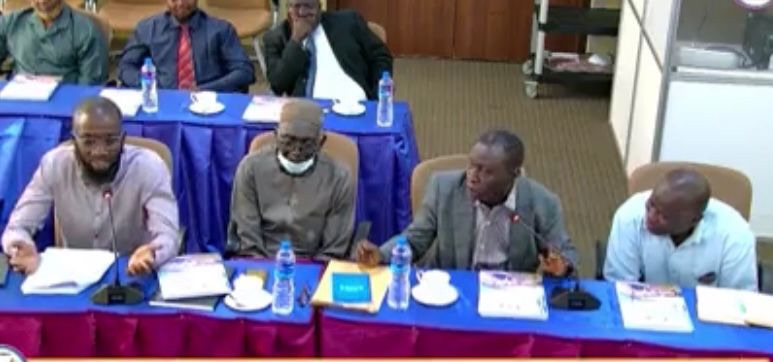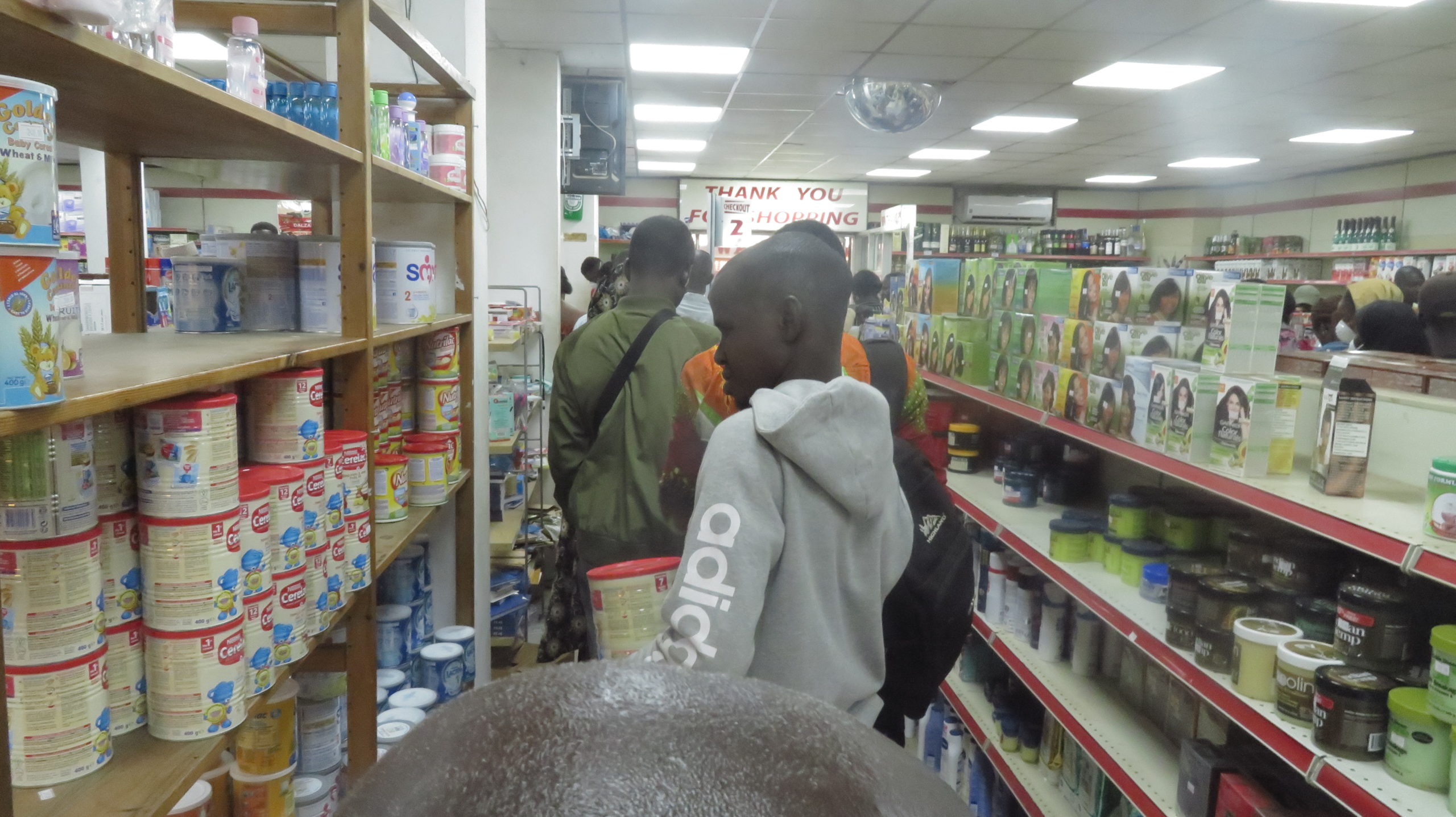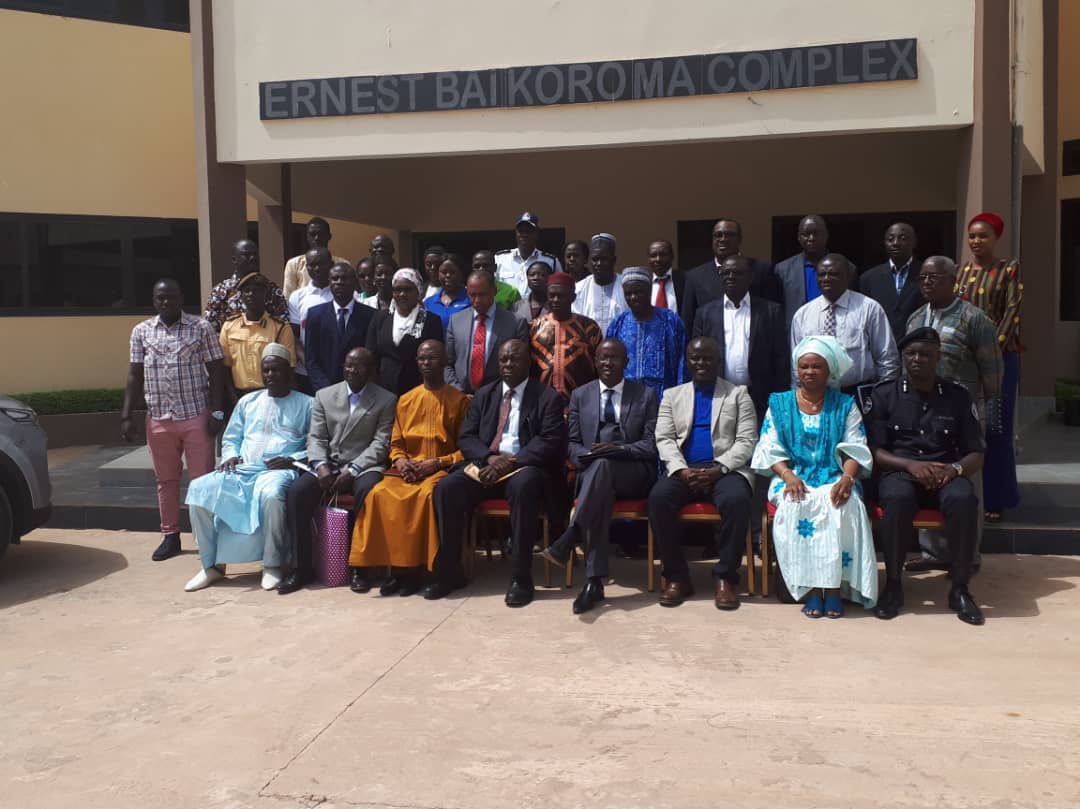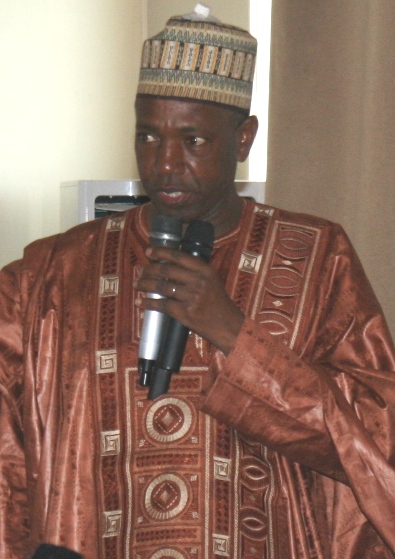By Arret Jatta
The Office of the Ombudsman’s 2022 activity report has recommended to ministries of the interior and justice as well as the judiciary to establish a committee to expeditiously deal with prisoners’ cases to avoid a backlog of court cases.
The Ombudsman, Bakary K. Sanyangy, made this recommendation as he appeared before the National Assembly’s Finance and Public Accounts Committee (FPAC) on Wednesday.
“A committee should be set up by these institutions to look into causes of delay and provide solutions to the problem. Being on remand for seven years, as was the case for an inmate in Janjanbureh Prison, is not compatible with Section 19 of the 1997 Constitution,”he stated.
The Ombudsman disclosed that during their visit to prisons in 2022, they discovered that there were delays in court cases as some inmates were remanded for five years without trial.
“One of the inmates at Mile Il was on remand for fiveyears and in Janjanbureh, an inmate was on remand for seven years. An inmate at Mile II was going to court for eight months but there were no sittings. At Jeshwang, some inmates informed the visiting team that for one and a half years, their case was not heard,” recalled the Ombudsman.
“Some inmates at Mile2 filed appeals but had not been informed about what happened to their appeals. There were also eight inmates at Janjanbureh, whose warrants had expired but were not taken to court by the police in Basse,” he added.
Mr. Sanyang explained to the committee how “frustrating” it was to keep convicts and those in remand in the same cell at both Mile II and Janjangbureh.
The Ombudsman recommended a close collaboration of the ministries of the interior and justice to ensure viable communication facilities are put in place in all prisons for the inmates to communicate directly with their families to avoid delay and backlog of cases.
“Assistance should be provided to foreign inmates to communicate with their embassies and international organizations that are concerned with their welfare. Convicts should also be allowed to have visitors once a week instead of once a month, while the Ministry of the Interior should also ensure inmates are provided with adequate and nutritious food that meets their dietary needs,” he stated.
Mr. Sanyang also recommended that the ministry should collaborate with the health ministry to ensure adequate drugs and equipment are provided to all prisons




